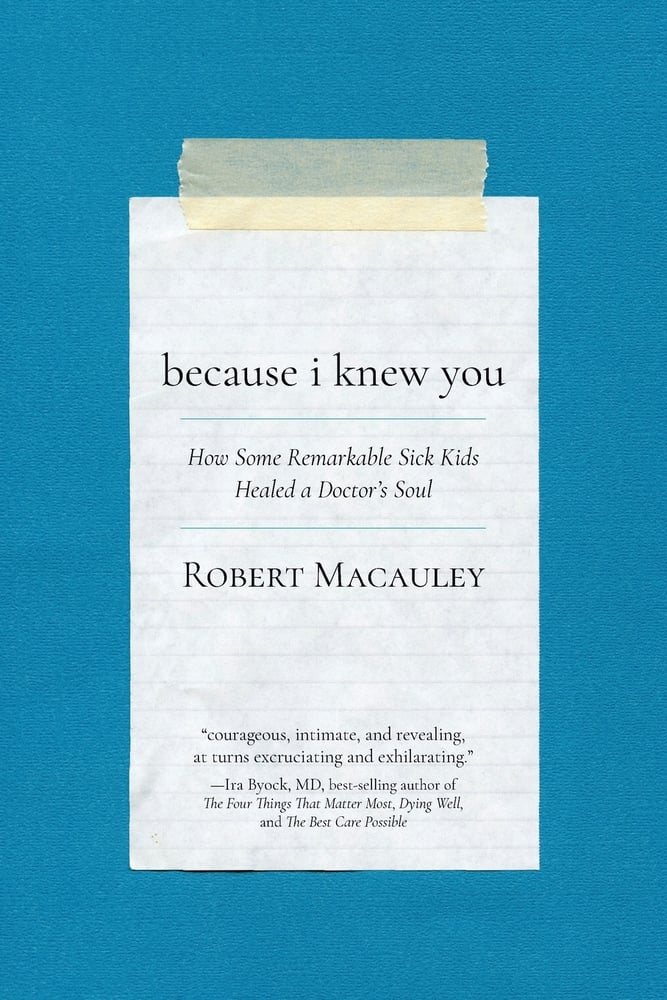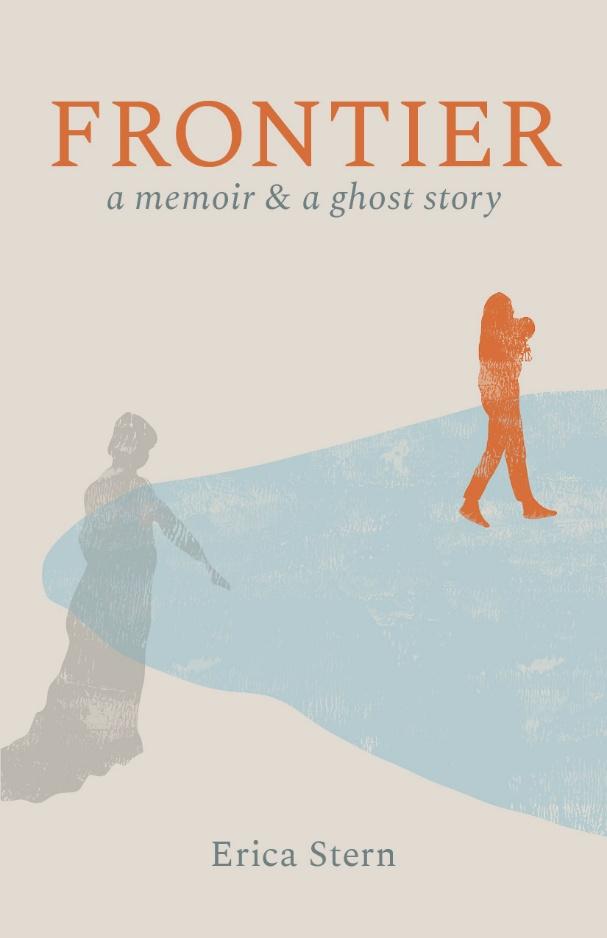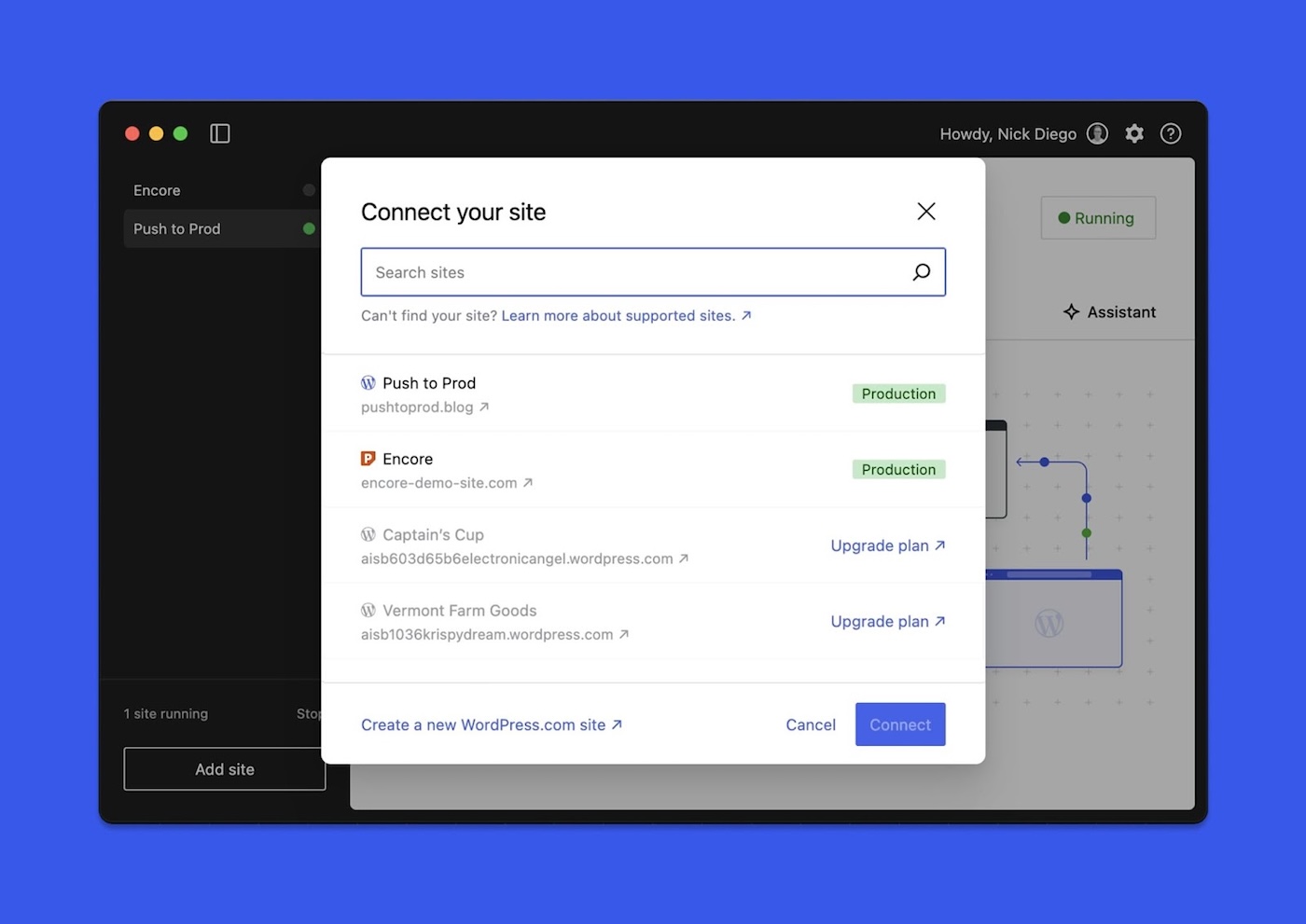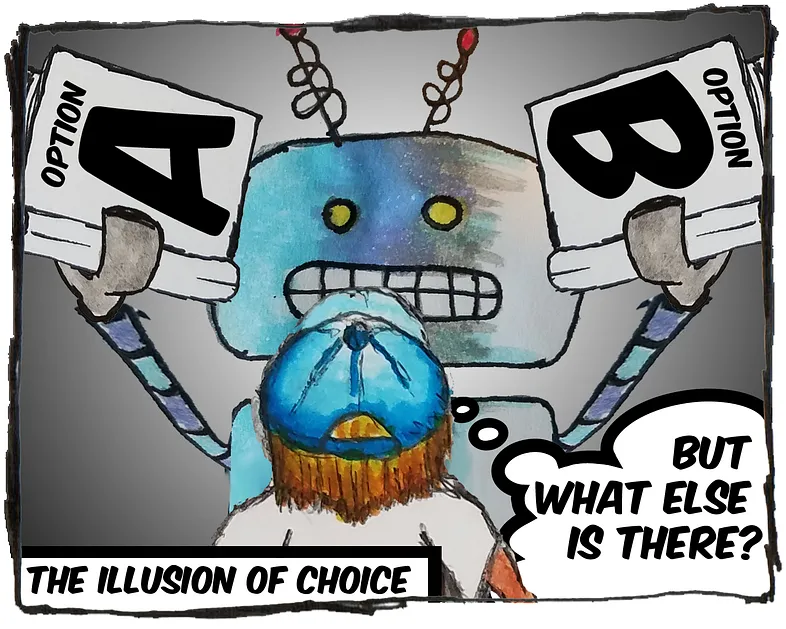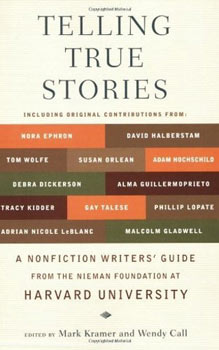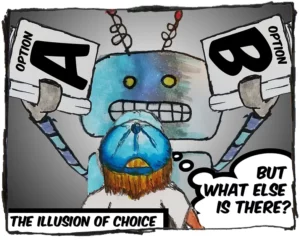
Unlock the Secrets Hidden Between the Lines: Master the Art of Reading Poetry Like Never Before
Ever catch yourself instantly obsessed with a new song—playing it on repeat, memorizing every lyric,…
Unveiling Hidden Whispers: Bruce Louis Dodson’s Enigmatic Nepalese Journey in Verse
Have you ever paused to wonder what it feels like when the heavens weep in…
Unveiling the Hidden Secrets Behind Every Scene in ‘1917’ — A Script Analysis Like No Other
Ever wonder what it really takes to dissect a war drama’s screenplay without losing your…
Unearthing Haunting Secrets: Erica Stern’s Frontier Blends Memoir and Ghost Story in Chilling Harmony
Ever wonder what it truly means to tread into the unknown territory of motherhood—beyond the…
Unveiling Forgotten Shadows: The Disturbing Truth Behind America’s Orphan Crisis in Kristen Martin’s Latest Exposé
Ever notice how orphans in pop culture are almost always cast in the same mold?…
Unlock the Hidden Power of WordPress Studio: How Selective Push and Pull Could Revolutionize Your Workflow
Ever found yourself on the cusp of pushing a slick new WordPress theme live, only…
Could AI-Generated Text Secretly Control Our Choices Without Us Noticing?
Ever wonder why some creations seem to grab the spotlight not because they shine brighter,…
Unveiling the Secrets Behind “Double OhOh”: A Poetic Journey by Bob Eager
Ever stumbled over words only to realize that repeating a careless remark turns a minor…
Is AI Silencing Creators or Unleashing a Revolutionary Muse?
Ever paused to wonder what makes a piece of writing truly yours when your co-writer…
When Praise Feels Like a Verdict: The Haunting Truth Behind “Good, but Not Good Enough”
Ever find yourself stuck in that maddening spot where you’re told you’re “good but not…









